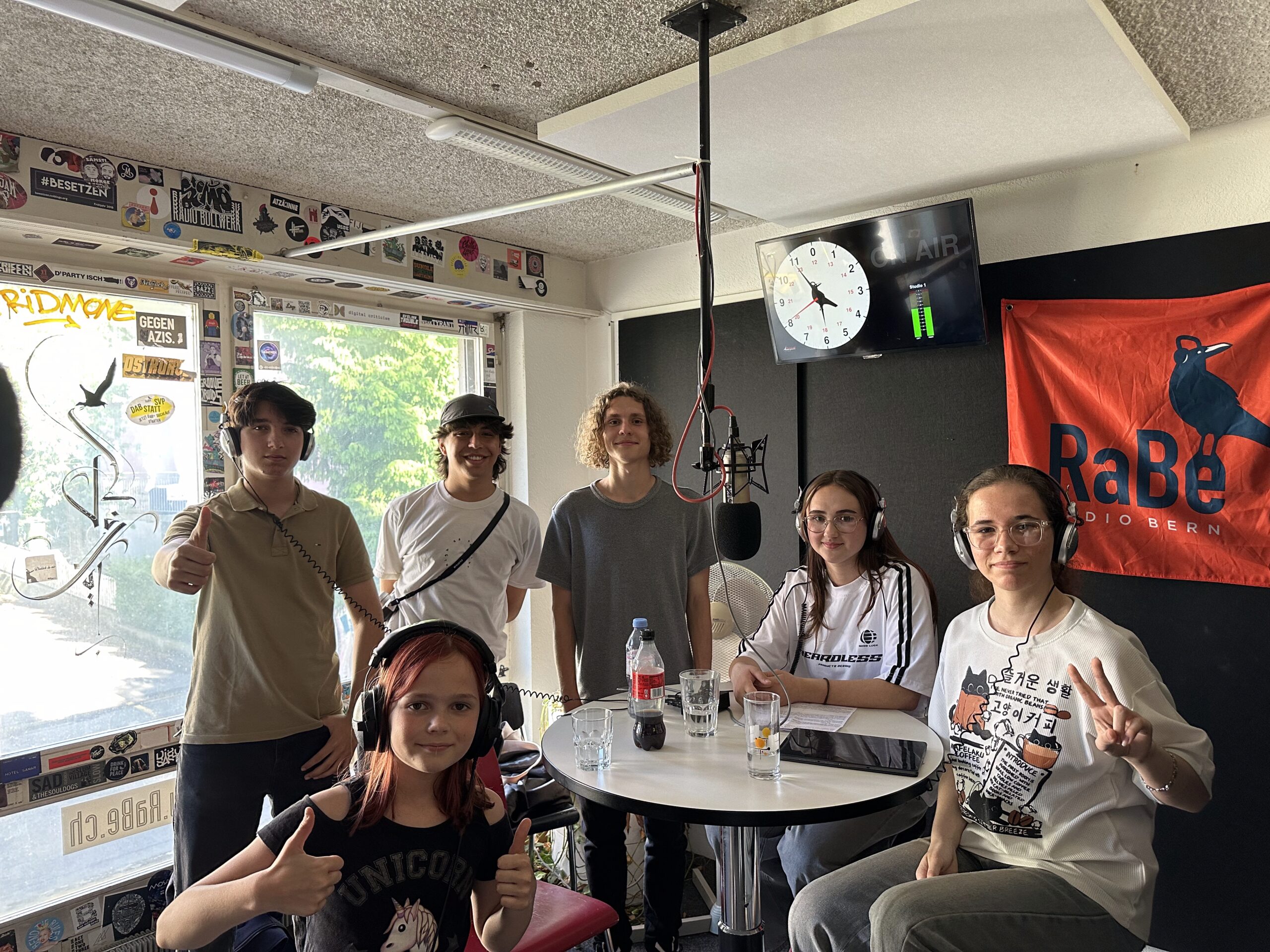The Secrets of the Insect World: School of Entomology project was created as a unique opportunity for teenagers aged 11 to 18 to dive into the world of insect science, discovering the secrets of this fascinating microcosm. The main goal of the project was not only to deepen knowledge in the narrow field of entomology, but also to create a space for communication, inspiration, and development.
One of the key effects of the project was to broaden the horizons of its participants. Through systematic classes, lectures, museum visits, and specialised events, children were able to see science in action and understand how knowledge about insects affects various aspects of our lives, from agriculture to medicine. Joint excursions and practical classes not only made learning more interesting, but also helped the participants feel part of the scientific community.
‘The project also contributed to the socialisation of teenagers. Participants, who often already had a common interest in biology, found like-minded people and friends here. This is especially important in adolescence, when the search for ‘your circle’ becomes an important part of personality development. Joint research, discussion of discoveries and participation in events brought the children together, helped them develop communication skills and teamwork,‘ says Marina Getmanova, one of the ethnology enthusiasts’ mentors.
‘Another important outcome was that the children developed a deeper understanding of nature and its complexity. By studying the world of insects, they learned about the important ecological roles of these creatures, their impact on the environment and the interconnectedness of all living organisms. This contributed to the development of environmental awareness, which is extremely relevant today,’ adds another mentor, Maria Parkhomenko.
It is important to note that the Secrets of the Insect World project could also be an impetus for the participants' future professional orientation. For many children, it was their first serious step into the scientific environment, which may have inspired them to choose biology or related disciplines as their future career path. They gained not only knowledge but also valuable experience that will help them in the future.
‘Projects like this are of great value,’ comments Olena Krylova, Head of the Ukraine Switzerland Bern Association. - ‘They help not only to form a new generation of scientists, but also to develop the general level of education among young people. In addition, they support the idea that learning can be interesting, exciting and diverse.’
The project, its initiators hope, has left much more in the children's lives than just knowledge about insects. It gives them confidence in their abilities, the joy of discovering new things and a sense of belonging to something bigger. This is an experience that will remain in their memory for a lifetime, and perhaps it will be the spark that ignites their interest in science or helps them find their place in the world.







